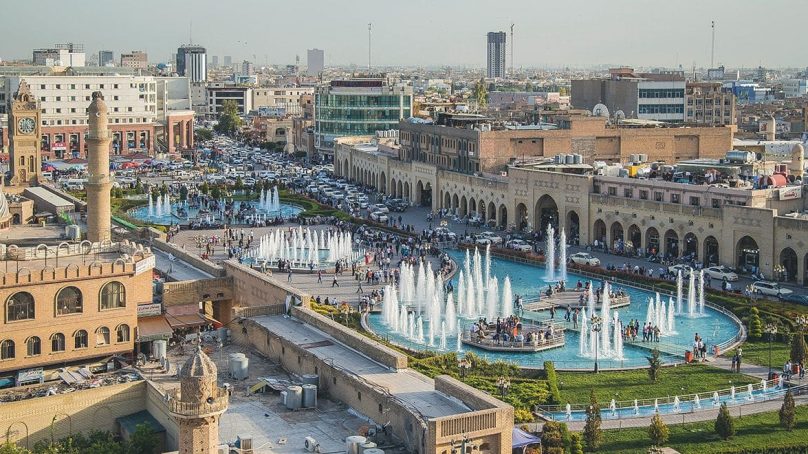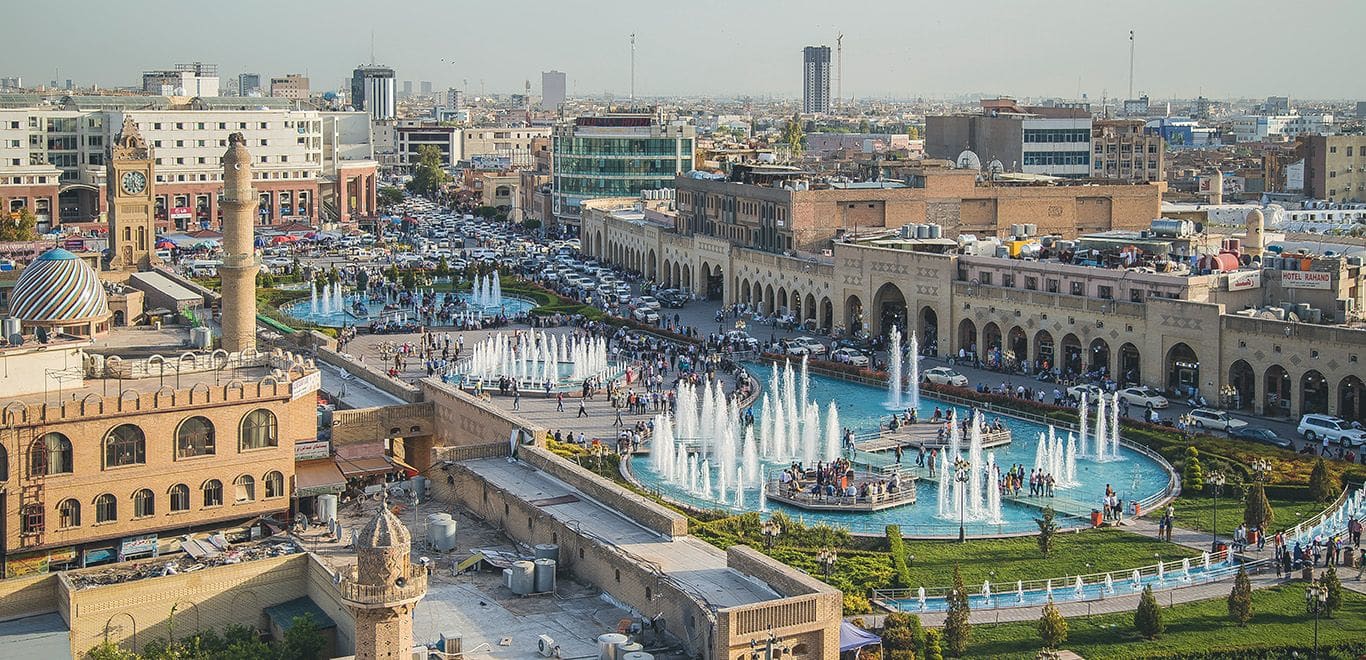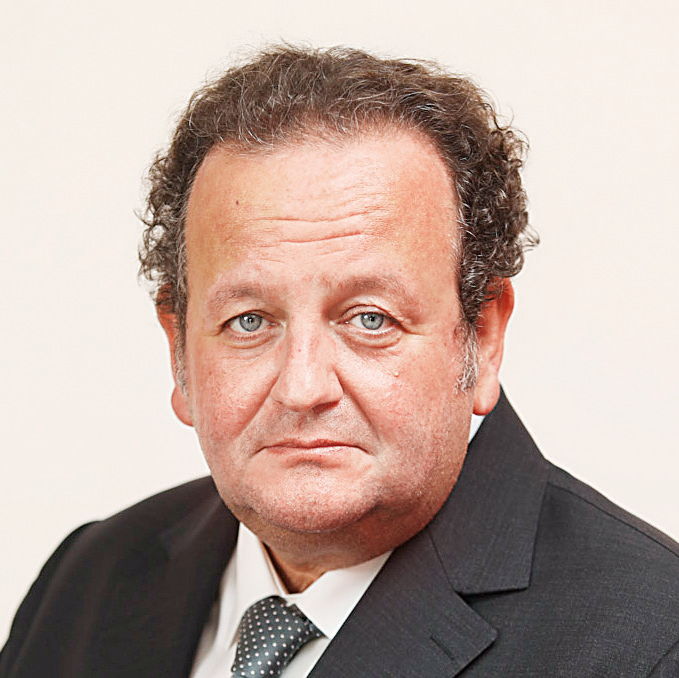

Economic challenges
Iraq lags economically compared to neighbors who’ve rebounded. Economic challenges persist despite regional recovery in recent years. Moreover, IMF’s latest figures show that the country’s projected real GDP has dropped 2.7 percent this year. This is the result of fiscal balance plunging, and the inflation rate currently stands at 5.3 percent.
According to UN experts, prospects are not brighter in 2024 due to lower oil production. Moreover, the OPEC cuts and the closure of the main pipeline to Turkey mostly explain the decline. Consequently, the country’s ambitious fiscal expansion plan in the mid-term are threatened. Additionally, the government is increasing public hiring and allocating more funds to pensions, which should put pressure on public finances for the forthcoming future.
The IMF expects the non-oil GDP to grow by 5 percent this year. However, such growth will not be deemed sufficient to limit the overall GDP growth reduction. Furthermore, inflation is expected to stabilize in the coming months as a result of the Central Bank’s tighter monetary policies. Additionally, the authorities’ commitment to the AML/CFT framework to combat money laundering should benefit the economy. In its latest report, the IMF has issued a string of recommendations. For example, it suggested the increase of non-oil revenues, limiting the government wage bill and reforming the pension system.
Tourism resilience
In this context of economic gloominess, the tourism sector is faring surprisingly well. After years of struggle amid political crises, newfound stability benefits touristic destinations, especially Kurdistan and Baghdad, sparking positive developments. New infrastructures are being built, signifying a positive turn.
A reform roadmap, emphasizing commitment to enhancing the tourism sector, has been launched in Erbil, in partnership with UNDP. Indeed, the nation’s rich historical and archaeological legacy, paired with diverse ecosystems, draws visitors from neighboring Arab states, Europe and the United States.
Notably, the Zagros Mountain trail in Kurdistan has become a major attraction for hikers. Despite the tourism sector’s current undeveloped state, investors are showing greater interest in the country’s potential. Estithmar Holding from Qatar has announced a large complex in Baghdad, including a hotel and a residential complex. Additionally, a Movenpick hotel and a new Assaha Village, inspired by the Lebanese concept, are in the works.
Furthermore, a highly anticipated cross-border railway project between Salamcheh in Iran and Basra is expected to give a significant boost to religious tourism. It was relaunched in September after 46 years. This influx of investments and projects signifies a promising future for Iraq’s tourism industry. In this context of economic gloominess, the tourism sector is surprisingly faring well. The relatively late stability has proven beneficial for touristic destinations, particularly Kurdistan and Baghdad. New infrastructures signify a positive turn as they are being built.
A boom in F&B
In the context of economic recovery, the food and beverage sector is thriving. Revenue in the food market hit USD 42.21 billion in 2023, with a projected 4.99 percent growth (CAGR 2023-2028). Leading this growth is the surge in online sales, constituting 1.2 percent of total food market revenue this year. The franchising business, notably American flagships, is dominating the fast-food scene. For example, FAT, Marble Slab Creamery and Buffalo Express announced plans to open 22 franchises nationwide. Furthermore, the recent openings by global giants, including KFC, Hardee’s, Pizza Hut and Burger King, are reinforcing the upward trend. Recent expansions from global giants like KFC, Hardee’s, Pizza Hut, and Burger King strengthen the sector’s positive momentum.

Nagi Morkos
Founder and managing partner
Hodema Consulting Services
Hodema.net ; Fb/hodemaco ; LinkedIn/hodemaco
YouTube/hodemaco ; @nagimorkos ; @hodema















